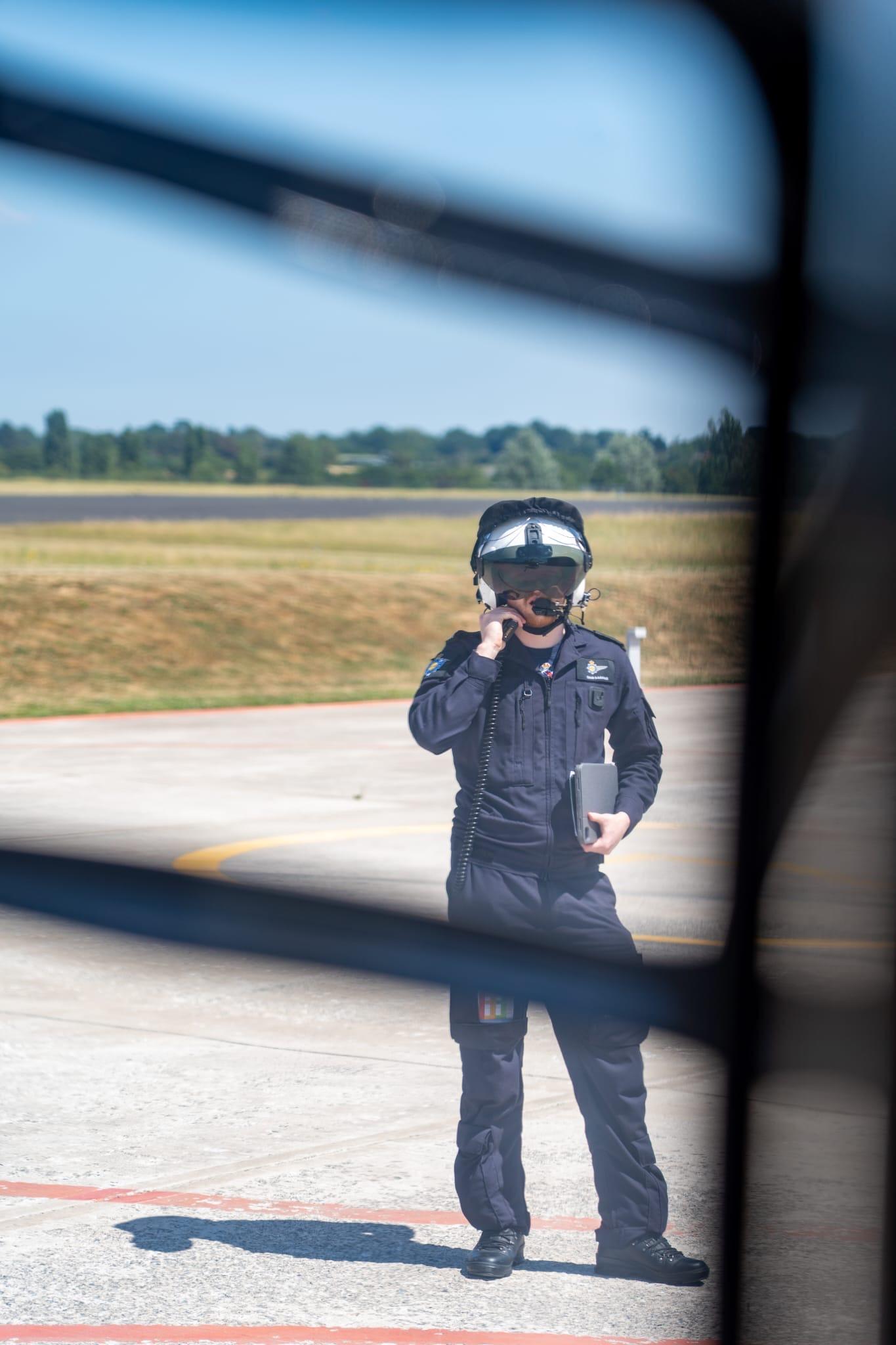IATA urges implementation of ICAO COVID-19 guidelines

Above:
Alexandre de Juniac, IATA’s Director General and CEO.
Courtesy IATA
The ICAO Council has approved Takeoff: Guidance for Air Travel through the COVID-19 Public Health Crisis (Takeoff). This is an authoritative and comprehensive framework of risk-based temporary measures for air transport operations during the COVID-19 crisis.
“The universal implementation of global standards has made aviation safe. A similar approach is critical in this crisis so that we can safely restore air connectivity as borders and economies re-open. The Takeoff guidance document was built with the best expertise of government and industry. Airlines strongly support it. Now we are counting on governments to implement the recommendations quickly, because the world wants to travel again and needs airlines to play a key role in the economic recovery. And we must do this with global harmonisation and mutual recognition of efforts to earn the confidence of travelers and air transport workers,” said Alexandre de Juniac, IATA’s Director General and CEO.
Takeoff proposes a phased approach to restarting aviation and identifies a set of generally applicable risk-based measures. In line with recommendations and guidance from public health authorities, these will mitigate the risk of transmission of the COVID-19 virus during the travel process.
These measures include:
- Physical distancing to the extent feasible and implementation of “adequate risk-based measures where distancing is not feasible, for example in aircraft cabins”;
- Wearing of face coverings and masks by passengers and aviation workers;
- Routine sanitation and disinfection of all areas with potential for human contact and transmission;
- Health screening, which could include pre- and post-flight self-declarations, as well as temperature screening and visual observation, “conducted by health professionals”;
- Contact tracing for passengers and aviation employees: updated contact information should be requested as part of the health self-declaration, and interaction between passengers and governments should be made directly though government portals;
- Passenger health declaration forms, including self-declarations in line with the recommendations of relevant health authorities. Electronic tools should be encouraged to avoid paper;
- Testing: if and when real-time, rapid and reliable testing becomes available.
“This layering of measures should give travelers and crew the confidence they need to fly again. And we are committed to working with our partners to continuously improve these measures as medical science, technology and the pandemic evolve,” said de Juniac.
Takeoff was one element of work of the ICAO COVID-19 Aviation Recovery Task Force (CART). The CART report to the ICAO Council highlighted that it is of “paramount importance to avoid a global patchwork of incompatible [aviation] health safety measures.” It urges ICAO Member States to “implement globally- and regionally-harmonized, mutually accepted measures that do not create undue economic burdens or compromise the safety and security of civil aviation.” The Report also notes that COVID-19 risk mitigation measures, “should be flexible and targeted to ensure that a vibrant and competitive global aviation sector will drive the economic recovery.”
“The leadership of ICAO and the commitment of our fellow CART members have combined to quickly lay the foundation for a safe restoration of air transport amid the COVID-19 crisis. We salute the unity of purpose that guided aviation’s stakeholders to a solid conclusion. Moreover, we fully support CART’s findings and look forward to working with governments for a well-coordinated systematic implementation that will enable flights to resume, borders to open and quarantine measures to be lifted,” said de Juniac.
CART’s work was developed through a broad-based consultation with countries and regional organizations, and with advice from the World Health Organization and key aviation industry groups including IATA, Airports Council International (ACI World), the Civil Air Navigation Services Organization (CANSO), and the International Coordinating Council of Aerospace Industries Associations (ICCAIA).
IATA’s Biosecurity for Air Transport: A Roadmap for Restarting Aviation was the basis for IATA’s contribution to Takeoff. It is being re-named Biosafety for Air Transport: A Roadmap for Restarting Aviation to emphasize the safety focus of the challenge and will be continuously updated to align with the Takeoff recommendations.













